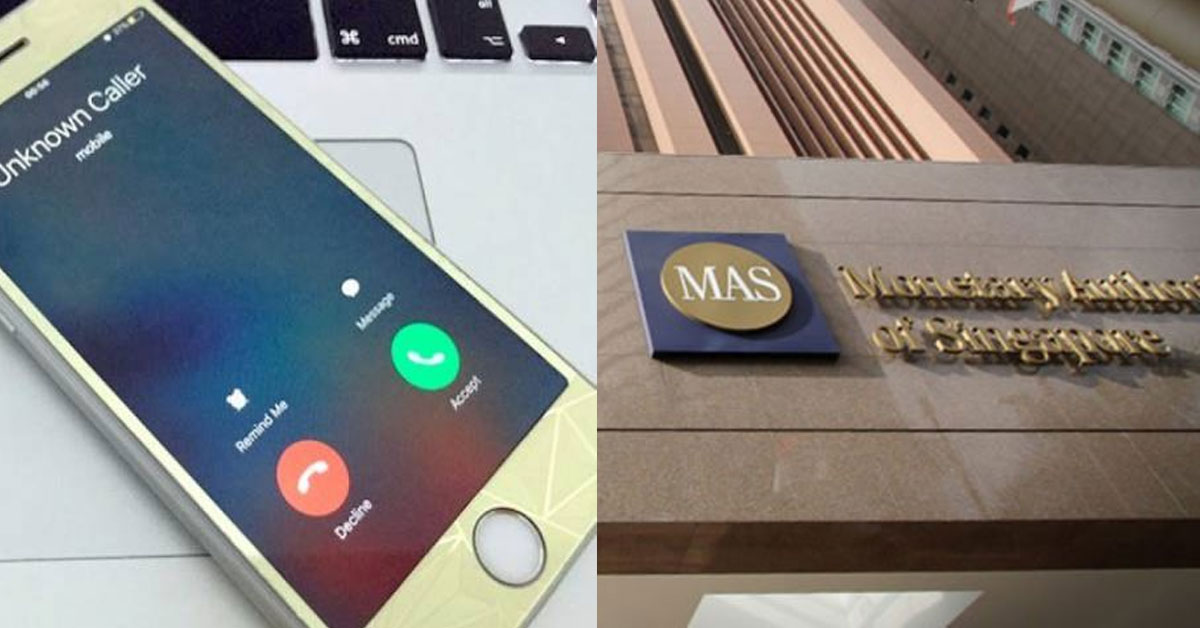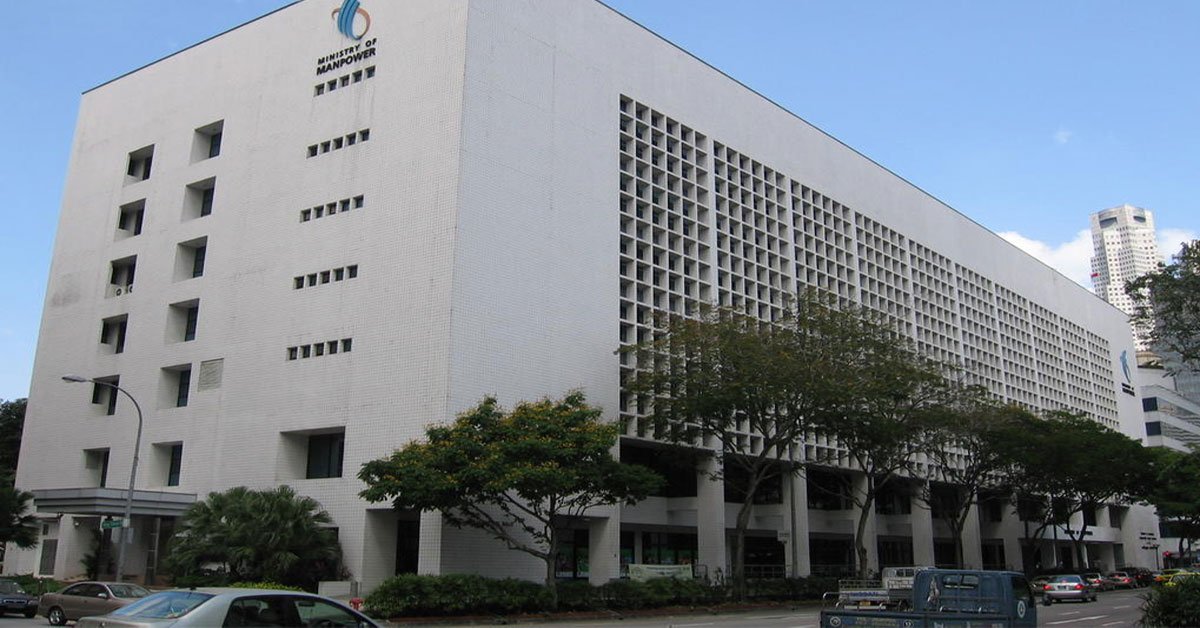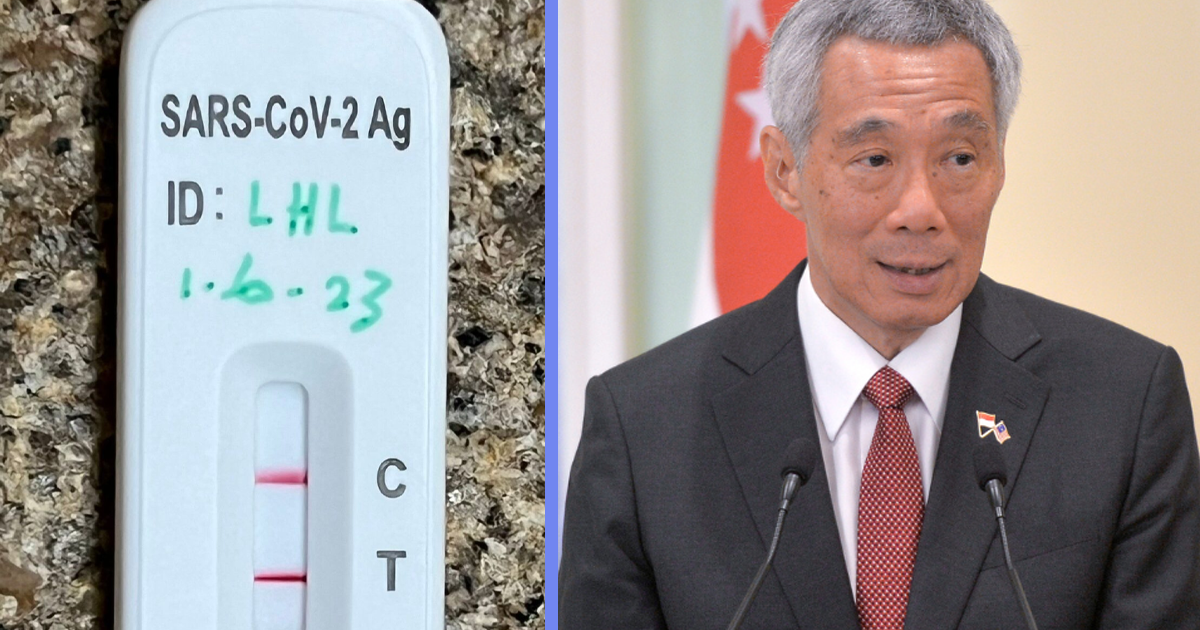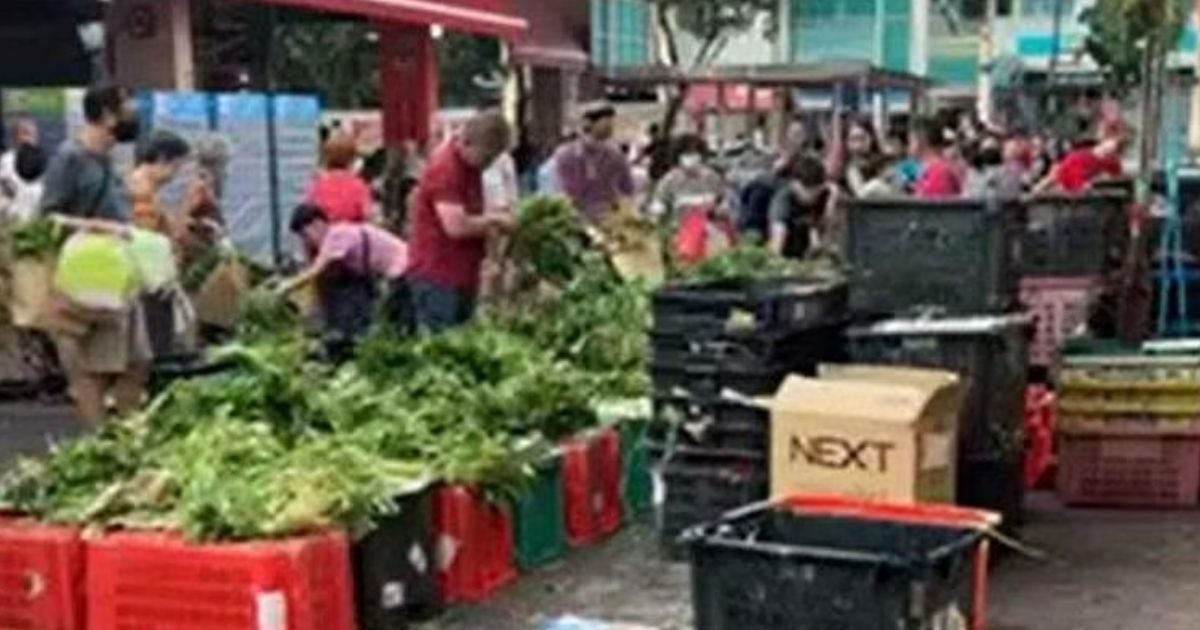Caller: Hi, is this Paul?
Paul: Yes, speaking. Who is this?
Caller: DBS Bank.
Paul: Oh ok, what’s your name?
Caller: Uh, DBS Bank.
Paul: Your name is DBS Bank?
Caller: Yes
Paul: …
Caller: Sorry to bother you, Sir, but we need your credit card information, bank account number, and OTP.
Paul: Wait, just to clarify, you’re someone named DBS Bank who just happens to be working at DBS Bank and now you’re calling to ask me for my personal financial details?
Caller: Uh.. yes that’s right
Paul: Ok here it is!
Now, while not everyone is as gullible as poor little Paul, many Singaporeans are falling prey to scams, with some scammers even impersonating government agencies.
MAS Warns S’poreans About Scam Calls Pretending To Be MAS Officers
Almost 100 people called the Monetary Authority of Singapore (MAS) on Thursday (5 March) to report phone scams made in its name.
MAS started receiving reports of such scam calls in February, with five to 10 reports daily in the past week, reported The Straits Times.
If you frequently read Goody Feed, I’d suggest seeing a doctor, but you may remember reading an article recently detailing MAS’s warning to the public about fraudulent messages and scam calls.
These calls are received as regular phone calls or through apps such as Viber and WhatsApp.
People still use Viber?
In these phone calls, scammers impersonated the authority’s staff and asked for their personal banking information.
Now, you may scoff and say these people must be pretty dumb to fall for these scams. But you’re forgetting that just like everyone else, scammers can overachieve too.
In addition to displaying a MAS contact number, the MAS logo is sometimes also used as the profile picture by scammers on the messaging apps.

In these calls, scammers usually tell the victim that their bank account has been locked or suspended and that MAS needs their banking details to fix the issue.
Here’s the thing though: MAS assured that its officers will never ask members of the public for their personal banking information or log-in credentials.
Join our telegram channel for more entertaining and informative articles at https://t.me/goodyfeedsg or download the Goody Feed app here: https://goodyfeed.com/app/
Scams on the rise
As TODAYonline reported, scam cases in Singapore are on the rise.
Scams made up 27 per cent of overall crime in 2019, up from 19 per cent in 2018.
Moreover, the number of banking scam calls and messages in January was two and a half times more than that reported in the last three months of 2019 combined.
Yes, it’s getting worse.
Advertisements
And it’s not that Singaporeans are getting more gullible, it’s that these scammers are getting more inventive.

So, how does one spot a scam?
Here are some tell-tale signs:
- Use of urgent or threatening language – Be wary of emails with phrases such as ‘urgent action required’ or ‘your account will be terminated’. These criminals are trying to make you panic so you’ll provide confidential information.
- Promises of attractive rewards – Scammers will try to entice you by offering amazing deals or unbelievable prizes for doing a small thing, like clicking on a pop-up or completing an online survey to win a trip to Europe.
- Requests for confidential information – Most organisations will never ask for your personal information such as NRIC, login credentials, and credit card details to be sent over the Internet. If a caller claims to be from your bank and asks for your bank account number, that should set off alarm bells. Never give out personal banking information and always call your bank to clarify if you receive such a call.
The best way to spot a scam is to understand that scammers always want something from you, whether it’s personal information or banking information.
If a guy impersonates your friend Ah Hock and just calls to say hi and ask how you’re doing, there’s no issue there, aside from his lack of friends.
But if fake Ah Hock says he’s from DBS Bank and needs your banking information, credit card details, and one-time password (OTP), then you should recognise that he’s trying to scam you (You’ll probably also understand why he doesn’t have friends).
Advertisements
It’s also important for us youngsters to let our parents and grandparents know about these scams because the elderly are the most vulnerable when it comes to this crime.
If you receive any suspicious calls or have information on any scams, please call the Police hotline at 1800-255 0000 or submit a report online at www.police.gov.sg/iwitness.
You could also visit scamalert.sg for more information on scams in Singapore.
Stay alert, guys!



